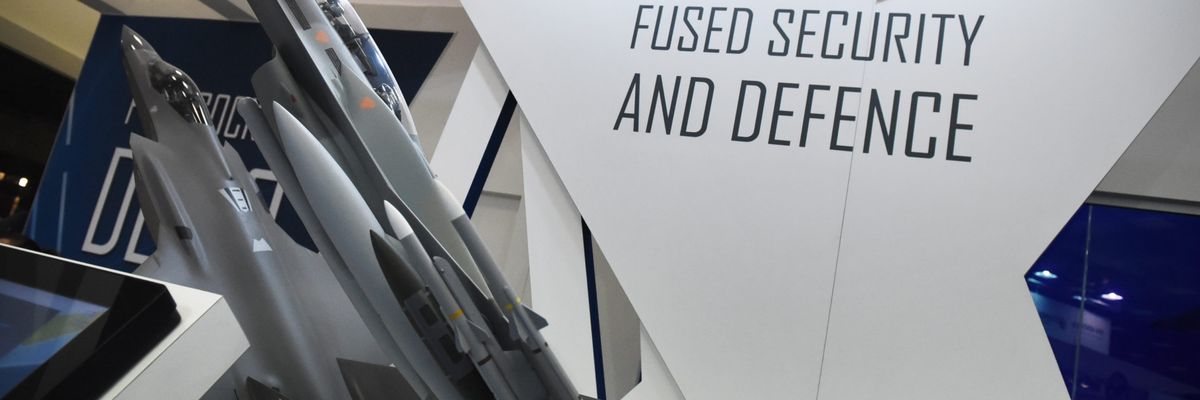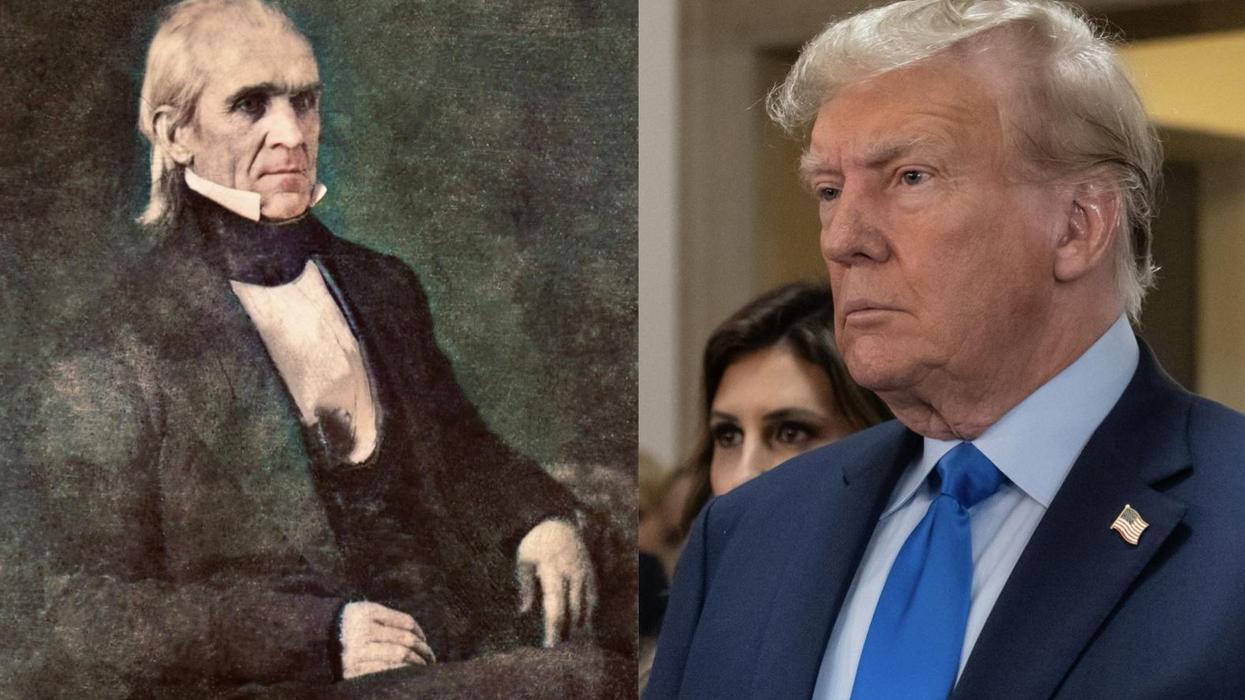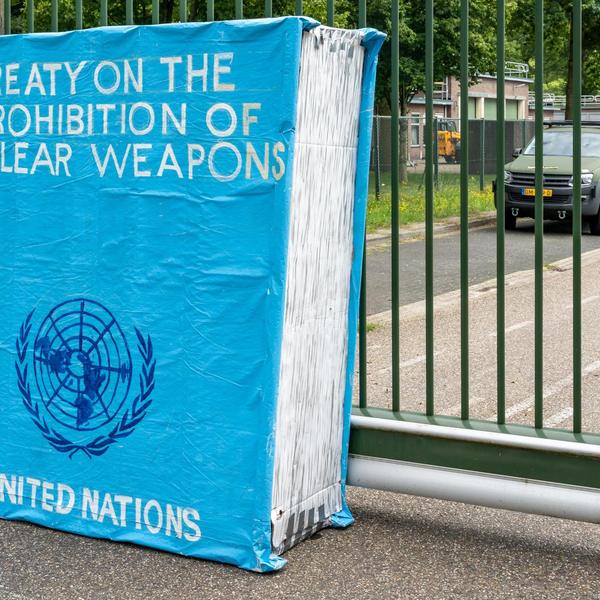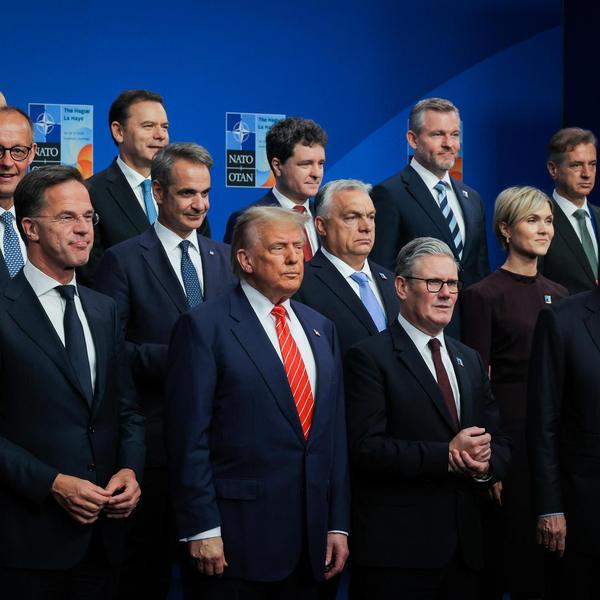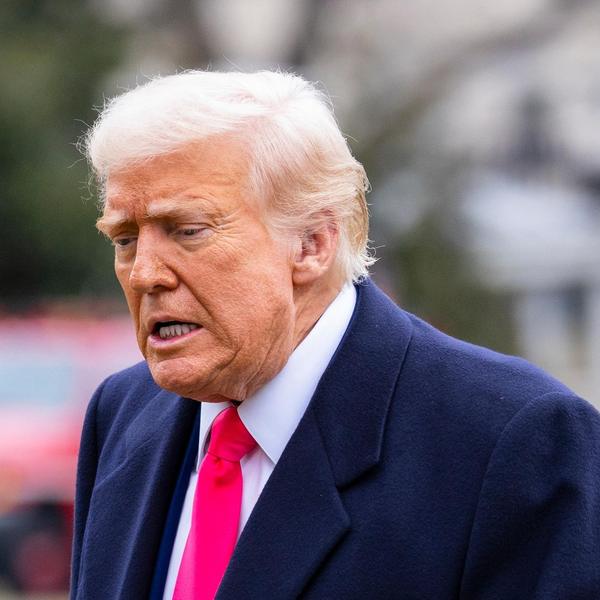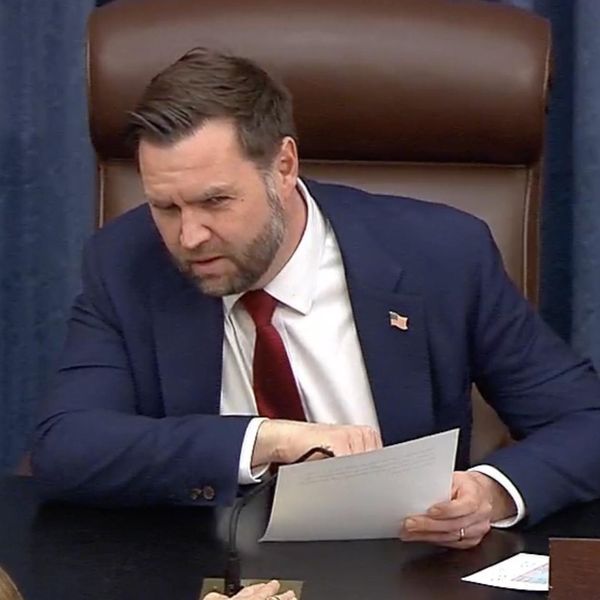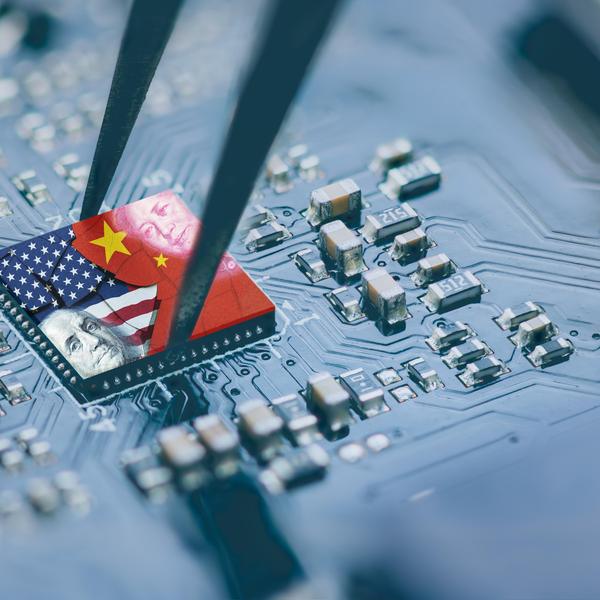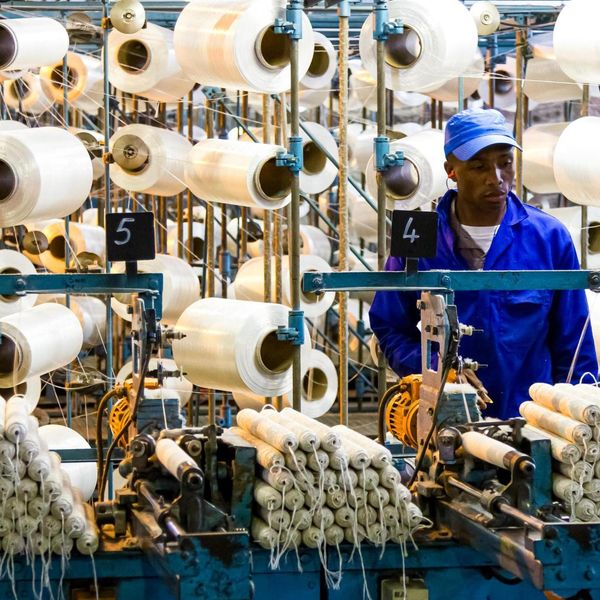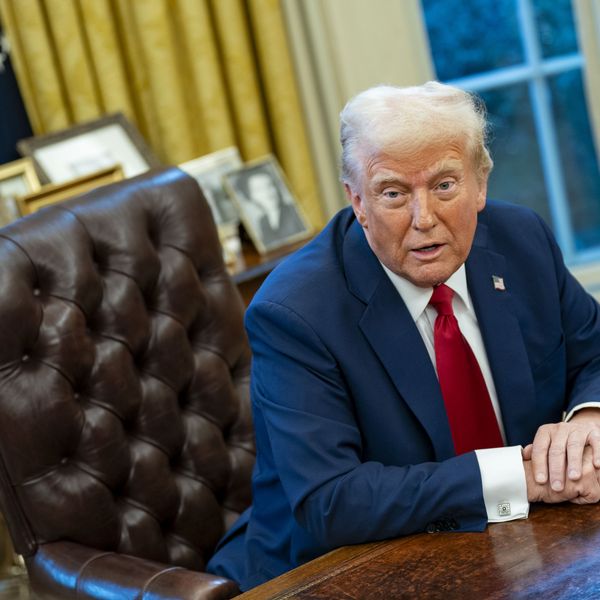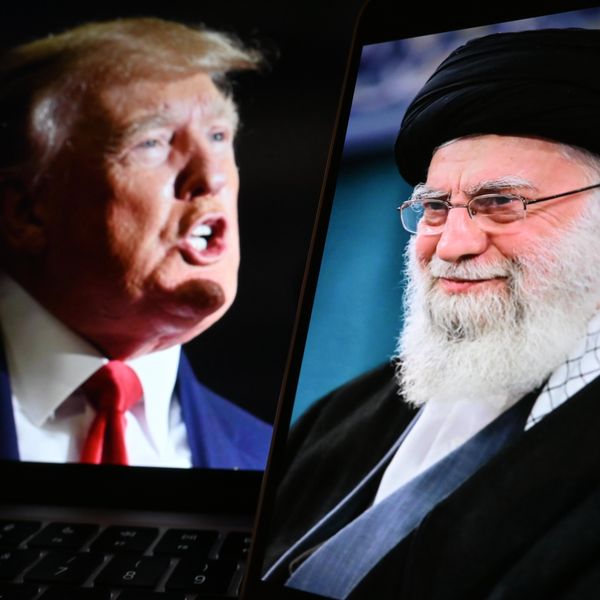Policymakers on both sides of the aisle are increasingly framing the U.S.-China relationship as a Cold War-style competition and last week’s meeting in Anchorage between U.S. and Chinese officials, which kicked off with fiery remarks by Chinese diplomats about the mistreatment of Black Americans and Biden’s top diplomats accusing China of threatening global stability, did little to diminish that perception.
But while the emergence of a “great power competition” between Beijing and Washington threatens to exacerbate a trade war between the world’s largest economies, and undermine multilateral efforts to combat climate change, at least one industry may stand to gain from fanning the flames: the increasingly consolidated weapons industry.
Lockheed Martin, in particular, wants to use the “great power competition” framing to move forward a $4.4 billion acquisition of rocket engine manufacturer Aerojet Rocketdyne, a move that U.S. antitrust regulators are currently reviewing. The deal raises concerns that Lockheed is seeking to absorb a key supplier of rocket motors, limiting competition in the already consolidated missile industry. Aerojet is the only major independent supplier of solid-fuel rocket engines after Northrop Grumman acquired Orbital ATK in 2017.
Lockheed CEO James D. Taiclet spoke in unusually blunt terms about the company’s justification for why regulators should allow the acquisition to move forward: China’s weapons industry is vertically integrated (one company taking complete control over one or more stages of production and distribution of a product) — indeed much of it is state owned — so American weapons firms need to consolidate in the interest of national security.
Taiclet told investors in a January earnings call, “I mean if you go all the way back to the primary notion that we're back into a world of great power competition, it's important to look I think beyond our own defense industrial base structure but outward to those of the competitors, which are China, Russia, Iran, and North Korea for example and compare our capabilities in the defense, if I'm in government, comparing our defense industrial base capabilities to those of the peer group.”
“How does China operate its defense industrial base?” asked Taiclet. “How does it organize it and what are the capabilities and velocity again that comes from that?”
Taiclet went on to argue that “my view would be that vertical integration concerns from a classic antitrust perspective are dwarfed by the lack of velocity and inability to integrate and added cost frankly that comes from the existing defense industrial base structure that is stratified with a supply chain that's quite fragmented” and “I think it's better for the country and for the defense enterprise to enable industry to make logical proposals for bringing in the mission systems, if you will, the supply chain that goes into the major platforms into a more integrated organization.”
He concluded, “I do think that it's critical that [decisions by regulators] look through the lens of great power competition and how we compare to the defense industrial base certainly of China.”
Using China as a justification for greater consolidation — and decreasing competition — within the weapons industry was echoed in a Politico oped last Monday by former Sen. Don Nickles (R-Okla.) who Politico noted “is CEO of The Nickles Group, a government consulting group in Washington, D.C., representing U.S. companies including Aerojet.”
“More importantly, the Lockheed-Aerojet merger will be a boon for U.S. innovation and competitiveness at a time when it faces growing threats from increasingly capable adversaries like China and Russia,” wrote Nickles.
And two weeks ago, former Representative and chairman of the House Armed Services Committee Howard “Buck” Mckeon (R-CA), wrote a Defense One oped titled “Approve Lockheed’s Purchase of Aerojet Rocketdyne.”
Accusing critics of the deal as “self-serving corners of the aerospace and defense sector,” Mckeon described the merger as, “a deal that saves taxpayers money and ensures America keeps pace with China in space and hypersonic technology is hard to argue with.”
Defense One noted that McKeon “is the CEO of the McKeon Group, which has contracts with Lockheed Martin and other defense companies.”
Indeed, as McKeon noted, there are critics of the Aerojet deal within the weapons industry.
Raytheon CEO Greg Hayes expressed his opposition to the deal in February, highlighting its threat to the competitive landscape of the weapons industry and former Rep. Todd Tiahrt (R-KS) wrote in Defense News that Lockheed’s pursuit of a vertically integrated weapons industry was dangerous.
“So why would Lockheed point to the Chinese model?” asked Tiahrt. “At the end of the day, it is about cornering the market, not controlling costs, which ultimately fall upon taxpayers.”
Tiahrt, for his part, was revealed by Defense News to have “previously worked at Boeing and currently runs a consultancy, for which the company was a previous client.”
But the consolidation of the weapons business is a real trend, one which the potential for a cold war with China is clearly being leveraged to help advance, even at the expense of antitrust regulations intended to encourage competition and prevent excessive consolidation in the U.S. economy.
Project on Government Oversight National Security Analyst Mark Thompson told Responsible Statecraft that the drive to vertically integrate the weapons industry has had a negative impact on U.S. national security and market competition.
“Where we are now is the government has allowed what used to be a fairly vibrant innovative defense industry to shrink, calcify and come down with arthritis,” said Thompson. “Just look at the F-35 and the new generation of ships and aircraft. If they aren't disasters they're one step short of disaster, why is that? These big lumbering companies with all their vertical integration still screw up. I'd argue that smaller companies building slightly simpler weapons would be more capable.”
Thompson has written extensively about the lack of competition in the weapons business and how the number of firms competing has shrunk while costs to taxpayers have gone up with a growing defense budget and increased consolidation of Defense Department contracts to the top five contractors doing the most business with the Pentagon: United Technologies, Lockheed Martin, Northrop Grumman, General Dynamics and Boeing. A 2019 report by the Government Accountability Office found that nearly half of all Defense Department contracts went to those five firms.
The trend toward consolidation isn’t new, but when the CEO of the world’s largest weapons company, Lockheed Martin, is using “great power competition” to press against antitrust regulators’ efforts to prevent excessive consolidation of the weapons industry, it raises serious questions about the costs a Cold War with China may impose on American taxpayers as the number of U.S. weapons companies, and bidders for Pentagon contracts, continues to decline.

